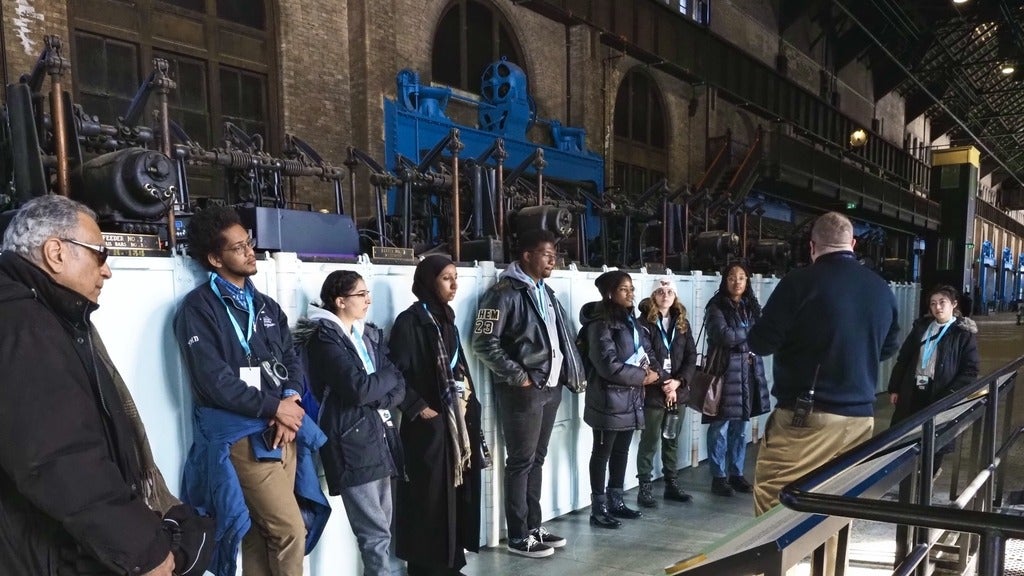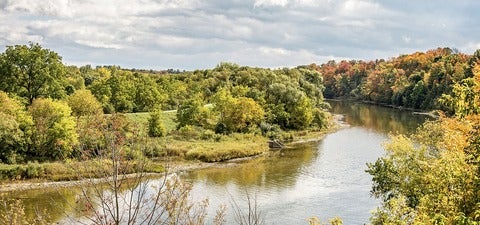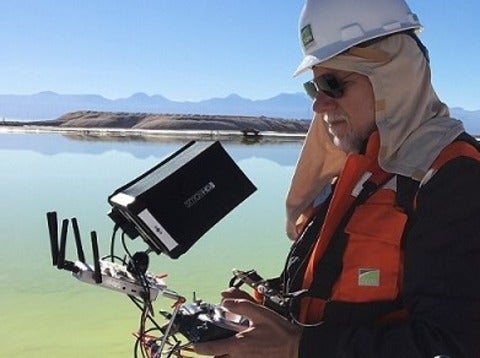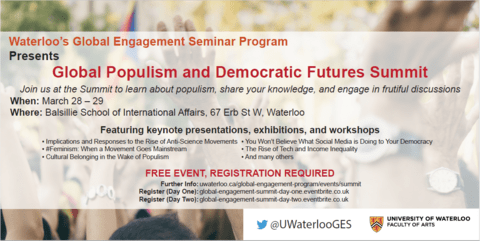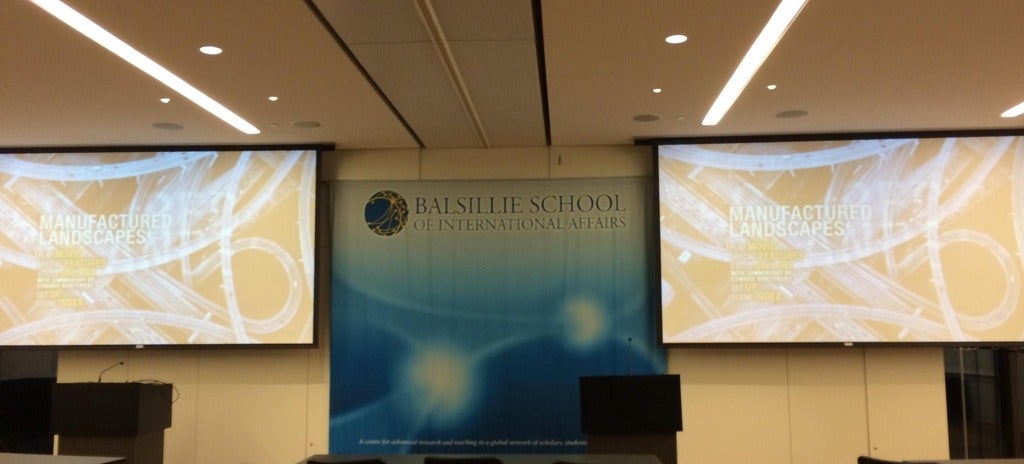Dismayed about American politics? Look in the mirror.
By Eric Bennett April 13, 2018
Re-posted from https://www.chronicle.com/article/Dear-Humanities-Profs-We-Are/243100
Can the average humanities professor be blamed if she rises in the morning, checks the headlines, shivers, looks in the mirror, and beholds a countenance of righteous and powerless innocence? Whatever has happened politically to the United States, it’s happened in stark opposition to the values so many philosophers and English professors, historians and art historians, creative writers and interdisciplinary scholars of race, class, and gender hold dear.
We are, after all, the ones to include diverse voices on the syllabus, use inclusive language in the classroom, teach stories of minority triumph, and, in our conference papers, articles, and monographs, lay bare the ideological mechanisms that move the cranks and offices of a neoliberal economy. Since the Reagan era our classrooms have mustered their might against thoughtless bigotry, taught critical thinking, framed the plight and extolled the humanity of the disadvantaged, and denounced all patriotism that curdles into chauvinism.
